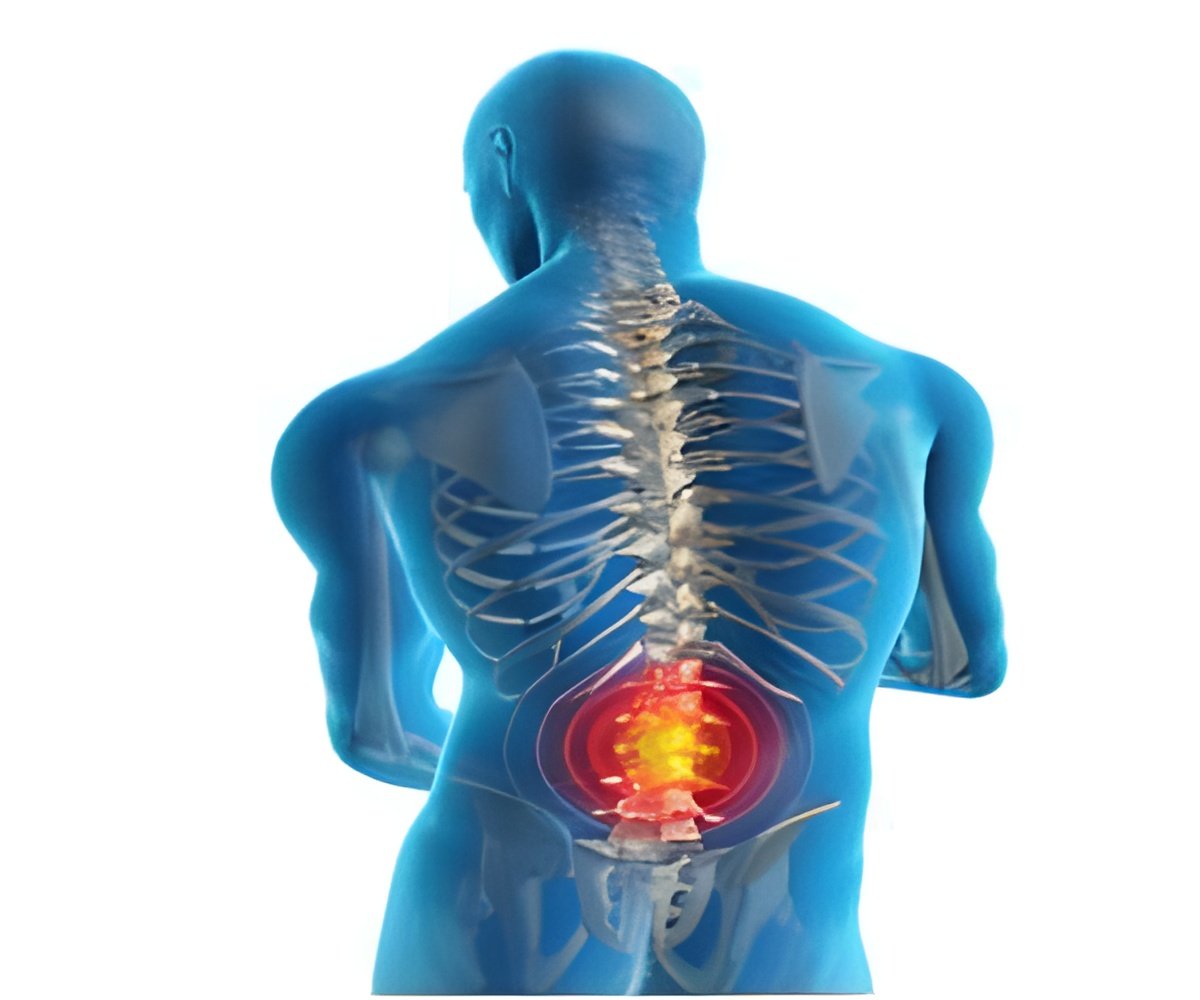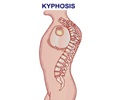
UT Southwestern researchers found that mice with higher than normal levels of miR-34a had increased bone mass and reduced bone breakdown. This outcome is achieved because miR-34a blocks the development of bone-destroying cells called osteoclasts, which make the bone less dense and prone to fracture.
"This new finding may lead to the development of miR-34a mimics as a new and better treatment for osteoporosis and cancers that metastasize to the bone," said senior author Dr. Yihong Wan, Assistant Professor of Pharmacology and member of the UT Southwestern Harold C. Simmons Cancer Center.
Her team found that injecting nanoparticles containing an artificial version, or mimic, of miR-34a into a mouse with post-menopausal osteoporosis decreased bone loss. "Interestingly, the mouse miR-34a is identical to that in humans, which means that our findings may apply to humans as well," said Dr. Wan, Virginia Murchison Linthicum Scholar in Medical Research at UT Southwestern.
The study is published online in the journal Nature.
High levels of bone destruction and reduced bone density caused by excessive osteoclasts are characteristic of osteoporosis, a common bone disease in which bones become fragile and susceptible to fracture. This condition disproportionately affects seniors and women, and leads to more than 1.5 million fractures annually.
Advertisement
Co-author Dr. Joshua Mendell, Professor of Molecular Biology at UT Southwestern and member of the UT Southwestern Harold C. Simmons Cancer Center, noted that his laboratory previously showed that miR-34a can directly suppress the growth of cancer cells.
Advertisement
Source-Eurekalert













